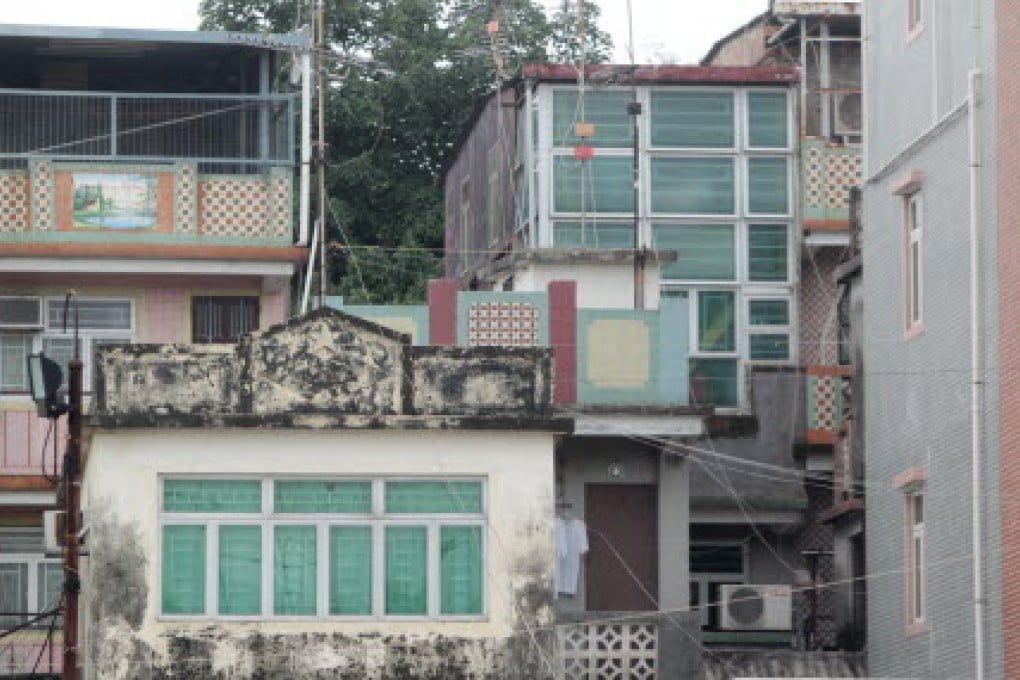Sustainability is a big problem for the small-house policy
Sooner or later, there will not be enough land to satisfy a potentially endless pool of claimants

The film Overheard 3 tells the story of a battle for the control of a corporation set up to acquire the rights of the male indigenous residents of New Territories villages and engage in property development on a massive scale. The corporation is a giant machine acquiring the villagers' rights under the small-house policy and turning them into a torrential stream of cash. The opening scenes sketch out the villagers' rights under the policy, how they arose and why the policy is unsustainable in its present form.
The policy dates back to 1972. Indigenous villagers who are male, over 18 years old and descended through the male line from a resident in 1898 of a recognised village are eligible. Claims to be eligible are verified by an elected village representative or the chairman or vice-chairman of the relevant rural committee.
Eligible villagers who already own suitable land within their village can apply for a free building licence to build a "small house" on that land. Indigenous villagers who do not already own land within the village can apply for the grant of a lease of government land in the village at a discount. Indigenous villagers whose land in the village is not suitable for development can exchange it for suitable government-owned land in the village. There is also a reduction in red tape when the house is built. The policy, then, confers very valuable benefits on indigenous villagers. The policy sought to make it easier for villagers to buy land in their village and to encourage a higher standard of construction.
The legal status of the policy is uncertain. The question is whether the policy enshrines a pre-existing "lawful traditional right" and so is protected by Article 40 of the Basic Law. This has been keenly debated. On the face of it, the policy is simply an administrative one (in principle open to change at any time) but it may be that the policy reflects a pre-1898 right to convert agricultural land into building land. This might be seen as a precursor of the free building licence.
The policy is controversial: it discriminates against women and confers benefits on indigenous villagers that are not offered to others. The problem that has to be faced is that of sustainability. Sooner or later, there will not be enough land to meet the claims of a potentially endless pool of eligible indigenous villagers.
The Civic Exchange has produced two reports on the policy (in 2003 and 2013). The 2003 report closed with suggested solutions. These included offering cash or public housing instead of the rights currently available.